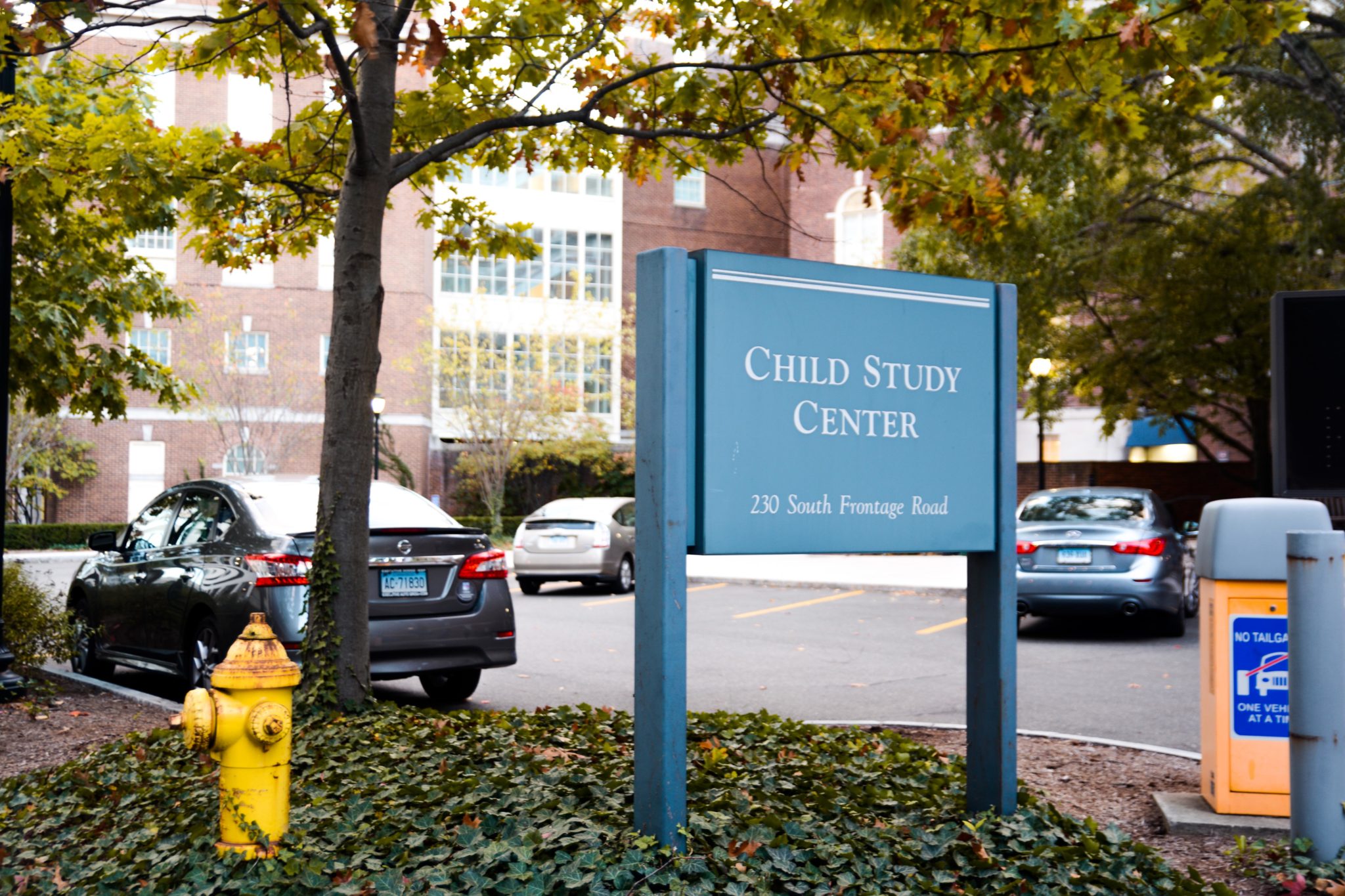
Ngan Vu
In 1991, the New Haven Police Department began collaborating with the Yale Child Study Center to form the Child Development-Community Policing Program. Now, almost three decades later, the NHPD will be the first department in the nation to offer departmentwide trauma-informed training, which will allow all of its officers to become versed in responding to children and families exposed to violence.
The new training is a part of a nationwide curriculum “Enhancing Police Responses to Children Exposed to Violence: A Toolkit for Law Enforcement” created by the Yale Child Study Center and the International Association of Chiefs of Police, with support from the Department of Justice.
“What we were trying to do with the training is to broaden what we do in New Haven so that it could be embraced by other departments that wouldn’t necessarily have such a close critical partner like Yale Child Study,” said Yale Associate Research Scientist in the Child Study Center Hilary Hahn, who is the project manager for the trauma-informed policing initiative.
Hahn said that the new training — titled “Protecting and Serving: Enhancing Trauma-informed Police Responses to Children and Families Exposed to Violence” — and toolkit were developed to help any officer in any department be “a better ally for kids and families after they’ve seen something potentially traumatic.”
The new initiative has grown out of two decades of work from the Child Development-Community Policing Program. In communities with operating CD-CDP programs like New Haven, mental health professionals are on call 24 hours a day, seven days a week to respond to police calls involving child victims or witnesses of violence, according to an April 9 NHPD press release.
“Police officers are the most prominent first responders to violent and catastrophic events that affect children’s lives, yet prior to 1991, officers had neither the specialized training nor the necessary mental health partnerships to meaningfully respond to the traumatized children whom they served,” Hahn told the News.
The newly developed training — which lasts two days — will equip officers across the country with tools to more effectively respond to children and families after potentially traumatic events including incidents of domestic violence, physical and sexual abuse, motor vehicle accidents, neighborhood violence and others, according to the press release.
Seventeen members of the NHPD, as well as faculty members from the Yale Child Study Center faculty, were first trained to teach the curriculum in February. The team — in groups of one law enforcement officer trainer and one mental health trainer — will lead the trainings to all NHPD officers over the next several months, under the guidance of Lt. Robert Criscuolo, director of the NHPD Training Academy.
“The training offers a better understanding of acute traumatic dysregulation and strategies that officers can apply that is based on developmental context and the understanding of the experience of children as well as adults in the wake of overwhelming events,” Steven Marans, director of the Childhood Violent Trauma Center at the Yale Child Study Center and co-developer of the Child Development-Community Policing model, told the News.
Hahn said the investment that the NHPD is making in trauma-informed policing is both an investment in community-police relations and in officers’ abilities to be more effective in their work.
In an interview with the News, mayoral spokesman Laurence Grotheer stressed that the New Haven and Yale Child Study Center collaboration leads to a plethora of benefits for the city, including a greater awareness of how trauma can impact children in school, how it can negatively influence behavior and social interaction — as well as how it can manifest in personal and professional relationships and productivity.
The Child Development-Community Policing Program was formed in 1991.
Sammy Westfall | sammy.westfall@yale.edu
Interested in getting more news about New Haven? Join our newsletter!







